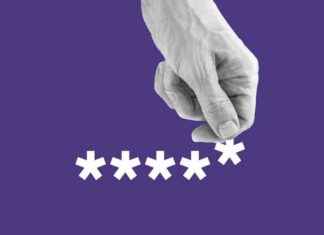The federal government is calling on citizens to save energy. The left thinks this is the wrong approach and instead calls for help for low-income people. DIW boss Fratzscher even warns of protests like the “yellow vests” in France.
Left leader Martin Schirdewan has opposed appeals by the federal government to limit private energy consumption in view of the gas crisis. “I advise people not to fall for the waiver propaganda,” he told the Funke newspapers. “It can’t be about heating less or showering colder.”
Instead, Schirdewan called for targeted support for low-income households. These should get a “social climate bonus”, which is based on a basic amount of 125 euros per month and is increased by 50 euros for each additional household member. He also spoke out in favor of capping energy prices “so that people can still heat and watch TV next winter.” To finance the new party leader suggested an excess profit tax. “We have to skim off the crisis profits from the oil multinationals and gas companies,” he said. “Even neoliberal countries like Great Britain do that.”
The President of the German Institute for Economic Research (DIW), Marcel Fratzscher, warned of a “social ordeal” in the debate about energy supply. Movements like the yellow vests in France are also possible in Germany, Fratzscher told the “Handelsblatt”. “The current crisis could be the final straw that breaks the camel’s back in increasing social divisions.” The DIW boss called for higher wages and a permanent increase in social benefits. Politicians should not try to “silence people with placebos such as one-off payments”.
Federal Network Agency boss Klaus Müller, on the other hand, renewed the call to save energy and thus gas in view of an impending shortage in autumn and winter. “Every measure, no matter how small, counts,” he told “Focus”. “I understand that some people are laughing about it now, but when they get their next gas bill, they will stop laughing.”
Should the federal government announce the third and final stage in the gas emergency plan, the Federal Network Agency will act as a federal load distributor – it will decide who gets how much gas. So-called protected customers, including private households, then have priority. Many companies, for example in industry, may then no longer receive gas. “Anyone who does not want to save gas out of solidarity or in the interests of climate protection should think about the competitiveness of our country,” said Müller.
The debate is exacerbated by the fear of an end to gas supplies from Russia. Annual maintenance work on the Nord Stream 1 Baltic Sea pipeline, which usually lasts ten days, is scheduled to begin on Monday. The big concern is that Russia won’t turn on the gas tap again after the maintenance.







